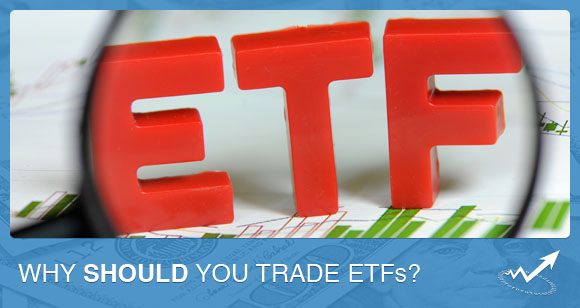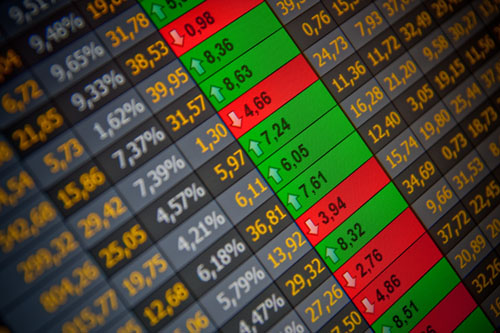The on again, off again saga…
When will the Fed make the decision already to increase interest rates? By how much and by when? This has continued to be one of the dominating factors for the markets over the past few weeks. Every economic report that comes out makes investors update their best guess at when this will happen. It seems that, to an extent, the Fed is, basically, leading the markets around in circles on what looks like a wild goose chase. The question really comes down to whose fault it is…that is if you were interested in assigning blame for this. Is it the Fed’s fault because they are not being decisive or, at the very least, they are being secretive? Or is it the fault of the markets at large because they put so much emphasis on what the Fed says or does not say?
Trying to guess what the Fed will or will not do, to a large extent, seems like a big waste of time. We all know that, at some point, they will raise interest rates, if for no other reason than because they have to, but do we have to be held hostage until they make and announce their decision? I believe that the answer this question is a resounding, ‘yes’. The reason that I believe this is because it doesn’t really matter what the Fed does or when they do it, all that matters is that there are enough investors and traders that are active in the markets that believe that this is important. When it comes to the markets, perception is reality. So what investors and traders believe is real is what is real, regardless of if it is really real or even if it is anything that is important.
The best way to combat this is simply to acknowledge that the situation exists, taking it into account for our individual trading. We do not need to be part of the charade; we just have to be a witness to it, reacting accordingly to whatever they may do. There are plenty of other things going on in the markets to keep us busy, such as a few large mergers and some very intriguing Initial Public Offerings. There have been a few major companies that have just been made public over the past several months, some of which have occurred very recently. There have also been announcements by other companies with regard to new breakthroughs in medicine and fuel technology.
 The Greek tragedy in Europe is another thing that is more than enough to keep us guessing and off balance when it comes the markets. It was only a few short years ago that a lot of people around the world wanted the Eurodollar to replace the US dollar as the world’s reserve currency. Now there’s never ending talk about the fall of the European Union. There’s no way to know or to predict what will happen in the future, but we do know that there has never been a successful unified union in the world’s history with a shared common currency that was not one sovereign nation. This leads a lot of people to not only question if the European Union will disband, but when will it officially disband. If Greece defaults on its debts, there could be a cascading effect throughout the union, with Greece being only the first nation to fall. There are plenty of others that have the potential to be the next, or even the first, if Greece does not default.
The Greek tragedy in Europe is another thing that is more than enough to keep us guessing and off balance when it comes the markets. It was only a few short years ago that a lot of people around the world wanted the Eurodollar to replace the US dollar as the world’s reserve currency. Now there’s never ending talk about the fall of the European Union. There’s no way to know or to predict what will happen in the future, but we do know that there has never been a successful unified union in the world’s history with a shared common currency that was not one sovereign nation. This leads a lot of people to not only question if the European Union will disband, but when will it officially disband. If Greece defaults on its debts, there could be a cascading effect throughout the union, with Greece being only the first nation to fall. There are plenty of others that have the potential to be the next, or even the first, if Greece does not default.
Russia and China are reportedly waiting in the wings, ready to help to pick up the pieces if they’re needed, but they both have a similar agenda, which is to end the US dollar’s position as the world’s reserve currency. A lot of people may not understand exactly what that would mean, and they may not believe that it matters much either way, but the truth is that the US dollar, being the reserve currency, allows the US to print as much money as they want to with little or no repercussions. If the US dollar were replaced by another currency as the reserve currency, it would have an immediate and lasting effect on the US economy.
As I pointed out above, there are a lot of interesting things to worry about and to pay attention to, other than chasing the Fed around, hoping that they’ll actually make a decision or share the decision that has already been made.






